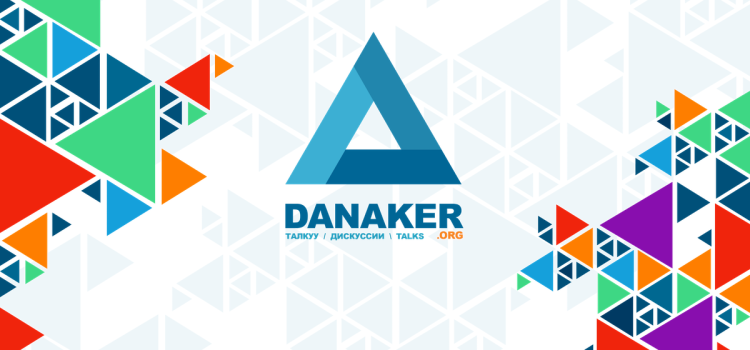Tazagul Mambetalieva, a senior in law, rushes on Saturdays to the Kyrgyz National University (KNU) to attend her favorite class—the mock court. Along with 15 fellow students, she tries on different roles—a judge, lawyer, prosecutor, plaintiff, and defendant, in an auditorium set up as a courtroom.
This opportunity, provided by the USAID-IDLO Trusted Judiciary Program (IPTJ), seeks to improve Kyrgyz legal education and helps Tazagul and her classmates become better lawyers.
The mock court course allows law students to simulate what occurs in lower court trials and to learn about the legal system in a competitive manner. Tazagul believes that this course allowed her to hone her legal skills before working in the legal system.
“A perfect lawyer should be righteous, that is who I want to be,” says Tazagul. “Before judging someone, you have to ask yourself whether you are fair and objective.”
She gained this understanding during her semester enrollment with the mock court course, which, in addition to allowing students to understand the roles of various participants in trial procedures, provides them an opportunity to analyze judicial cases. The cases are drawn from the www.act.sot.kg platform, which contains about 130,000 court decisions published online and was launched with the support of the USAID-IDLO Judicial Strengthening Program six years ago.
“Today’s students will make justice tomorrow. Without a just state it is impossible to make progress,” says Alisher Madalinov, KNU professor. That is the reason for IPTJ’s active involvement in developing and scaling the mock court discipline in various higher educational institutions, including through a National Mock Court Competition, during which the best performances will be videorecorded as an educational guide.
Tazagul knows the exact reasons why she decided to enroll in this optional course.



